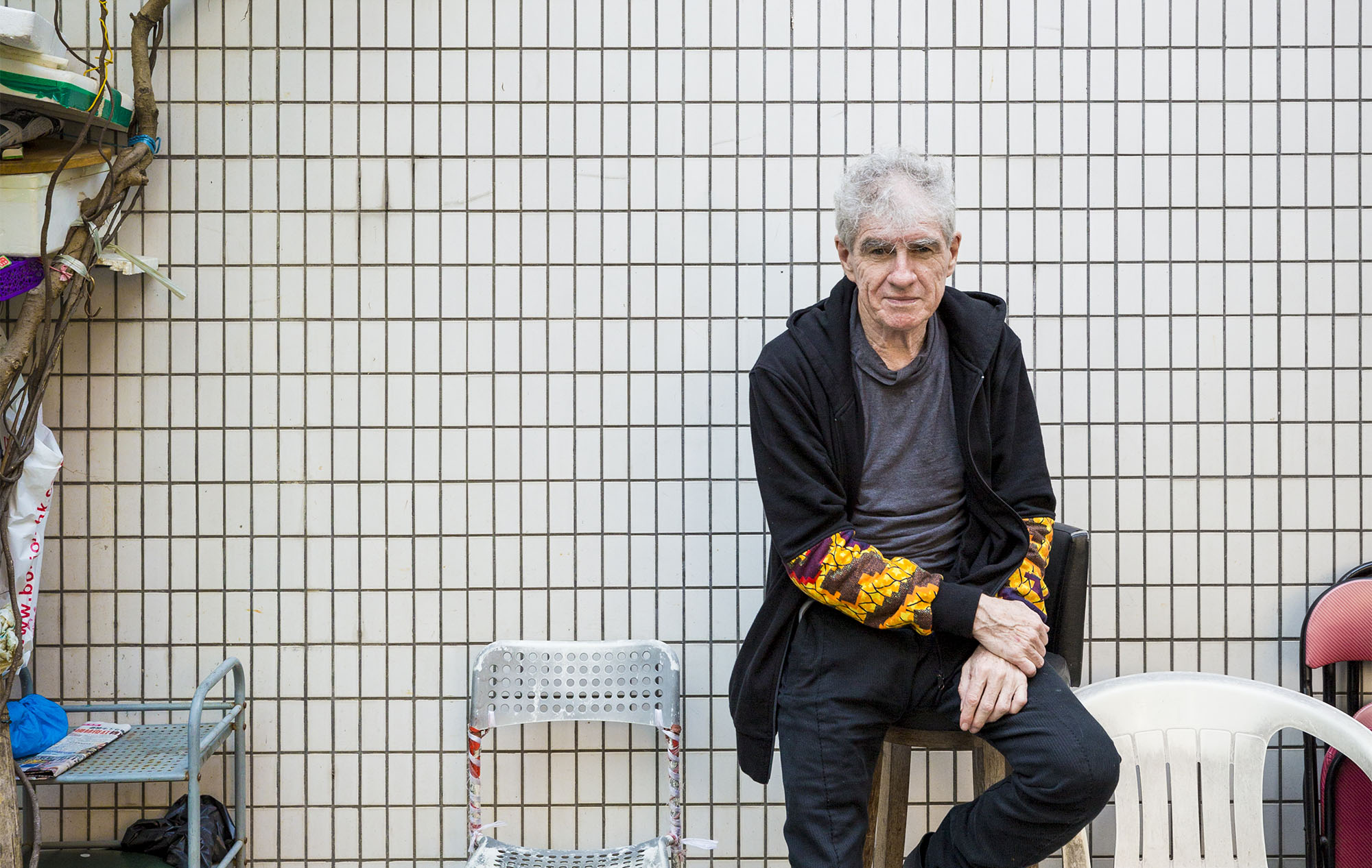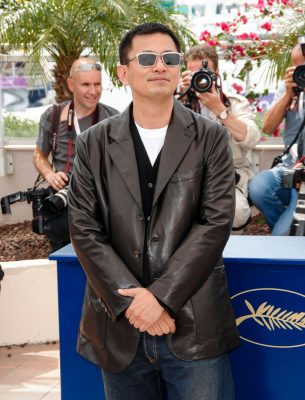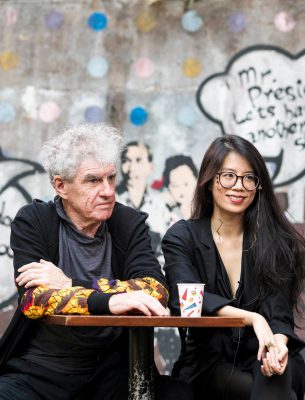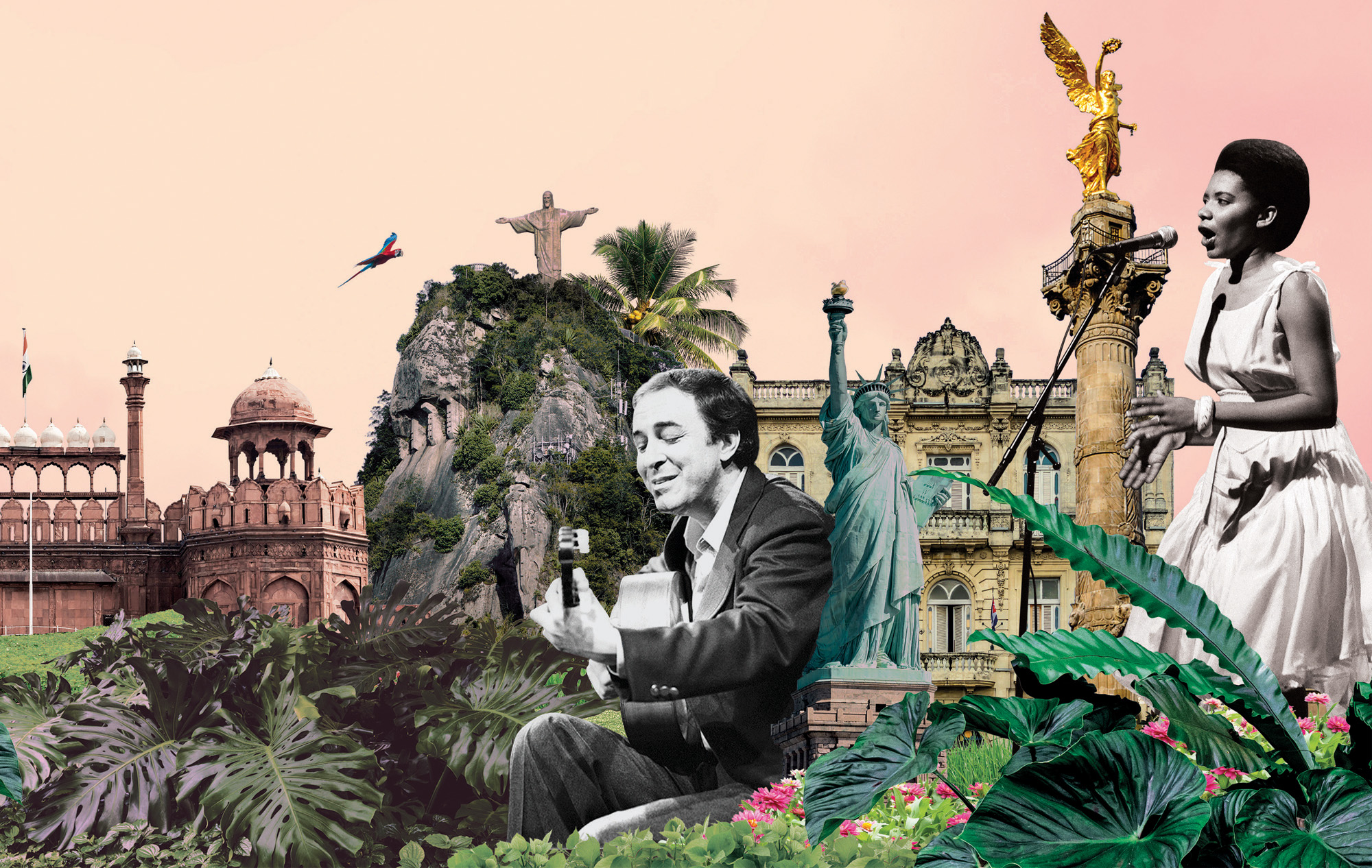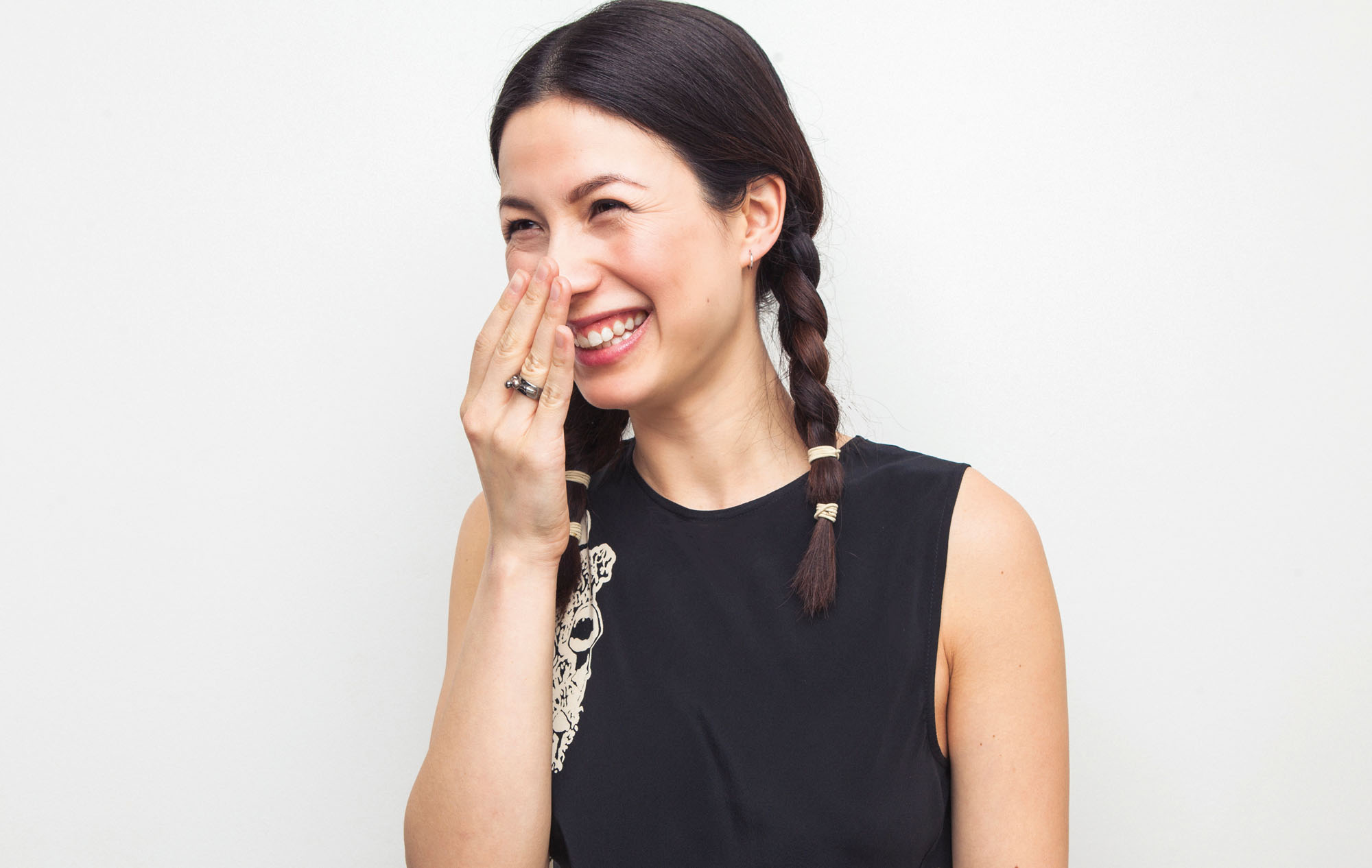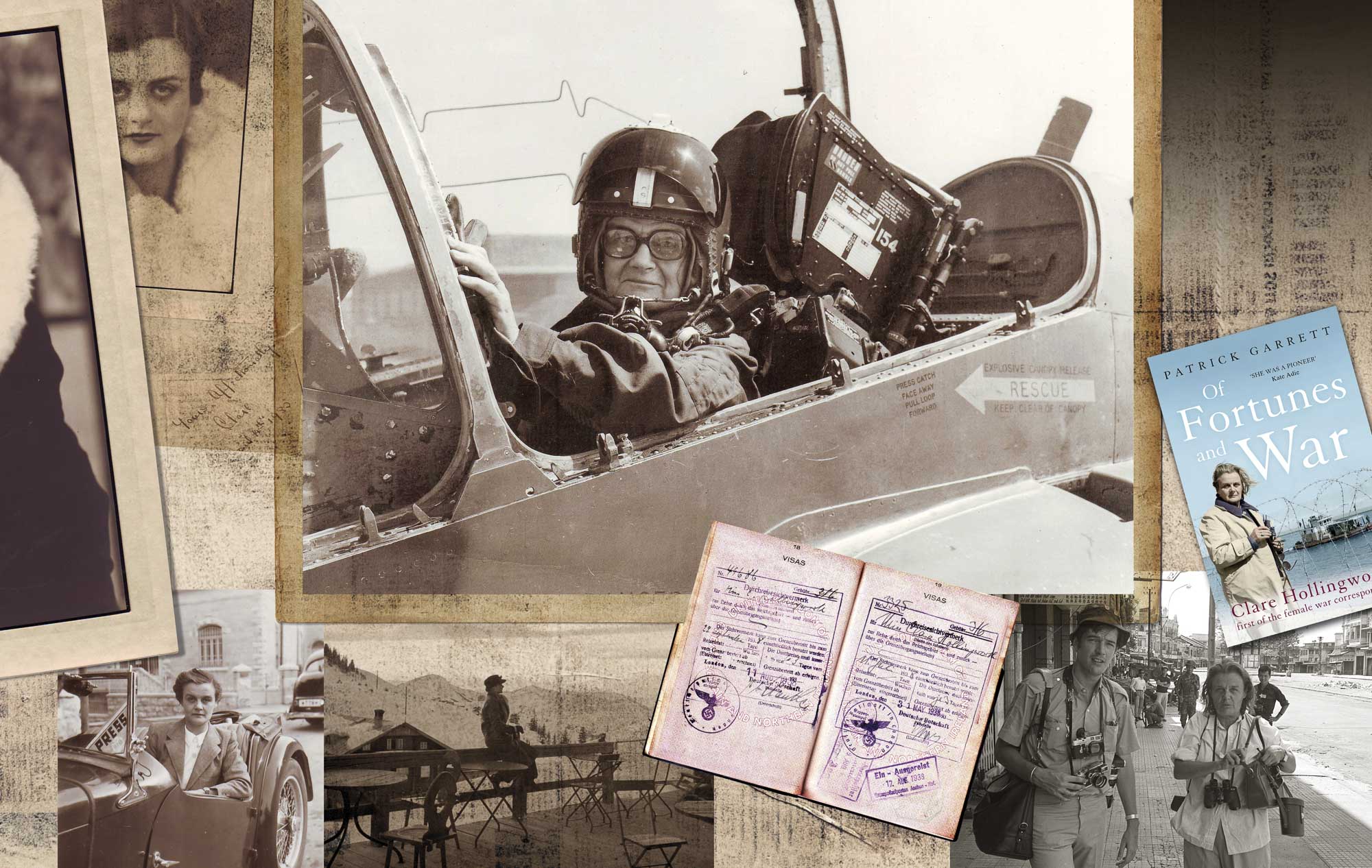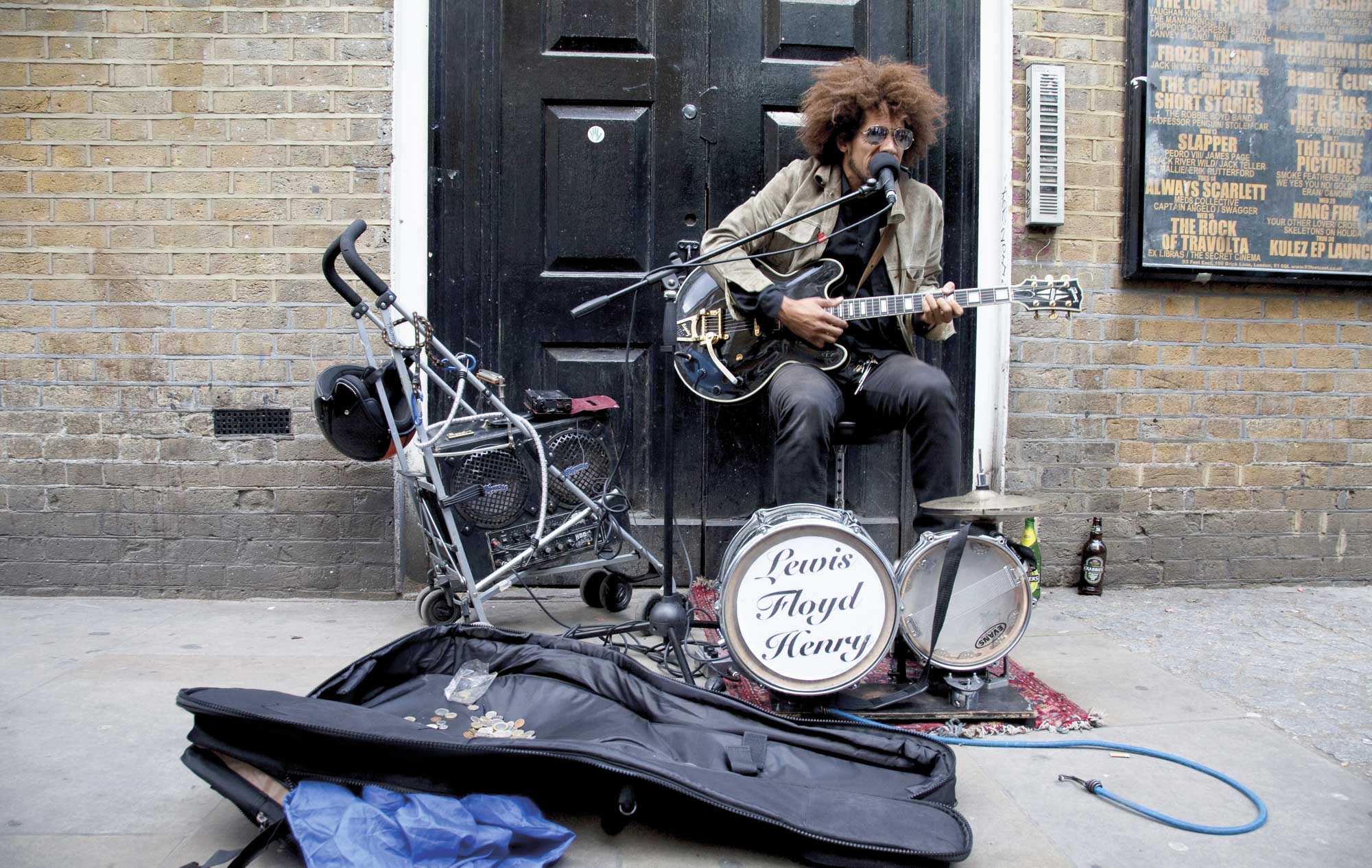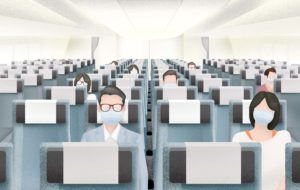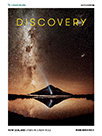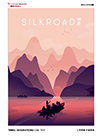For the past three decades, Wong Kar-wai has turned romantic yearning into an art form. His witty internal dialogue, his examination of emotional loneliness and his distinctive visual style continue to inspire aspiring directors today; Barry Jenkins, the director of last year’s Best Picture Oscar winner, Moonlight, cites Wong as one of his biggest influences.
This month, Cathay Pacific is featuring a collection of films by Hong Kong’s premier arthouse auteur for the first time.
Wong made his debut with As Tears Go By, a gangland drama that shows his style coming into shape with the use of vibrant colours, undercranked action scenes (shot at a lower frame rate to create a more chaotic effect) and music choices that set the mood.
But it was his second film, Days of Being Wild, that marked the start of his move into arthouse. Days and subsequent works solidified Wong as a meticulous and melancholic stylist who views love as unattainable but always worth yearning for.
One of Wong’s closest collaborators was Christopher Doyle, an Australian who built his reputation working on seven of Wong’s 10 films. Speaking to Discovery, Doyle says his relationship with Wong is similar to a marriage. ‘Why would you spend some time with anybody who wasn’t giving you something you didn’t have yourself? Wong Kar-wai was looking for something he can’t articulate alone, and then we found a voice,’ says Doyle, who calls Wong the ‘Genghis Khan of Chinese cinema’.
‘I think the most important thing that Wong has ever said to me is, “Is that all you can do, Chris?” It’s a mantra. It’s a way to address who you are in any aspect. Ninety per cent of the time you say, “That’s all I can do,” but occasionally you’ll do better. And that occasional is what matters.’
Featureflash Photo Agency / Shutterstock.com; Mike Pickles
Since working with Wong, Doyle has also made forays into directing. Co-directed by Jenny Suen, The White Girl is his fourth directorial effort. Set in a fictional place dubbed ‘the last fishing village of Hong Kong’, the film is a whimsical love story between a young woman who is allergic to sunlight (Angela Yuen) and a mysterious visitor from Japan (Joe Odagiri).
Doyle tells Discovery that the film offers a fresh view of Hong Kong. ‘It’s a beautiful love story that celebrates this place in a way that you haven’t seen before,’ he says. That love is clear in the way Doyle and Suen capture fishing village Tai O (in the western corner of Lantau Island), which has been around for at least three centuries. ‘I think [Tai O] is the first symbol of Hong Kong people’s tenacity,’ says Doyle. It was the place many immigrants crossed over to from southern China, settling down in stilt homes clustered over the Tai O creek.
More accessible than Doyle’s previous directorial efforts, The White Girl is an offbeat and allegorical film, in which mood and metaphor matter more than narrative. Even though the directors call the film a love story, it also references serious social and political issues in Hong Kong today.
But The White Girl also features unexpected bits of quirky humour and optimism, offering a counterbalance to its sober messages about the future of the city that Doyle and Suen love so much.



